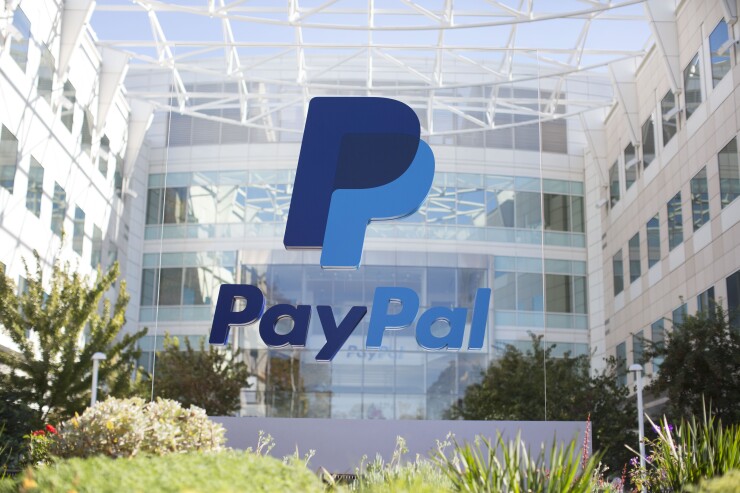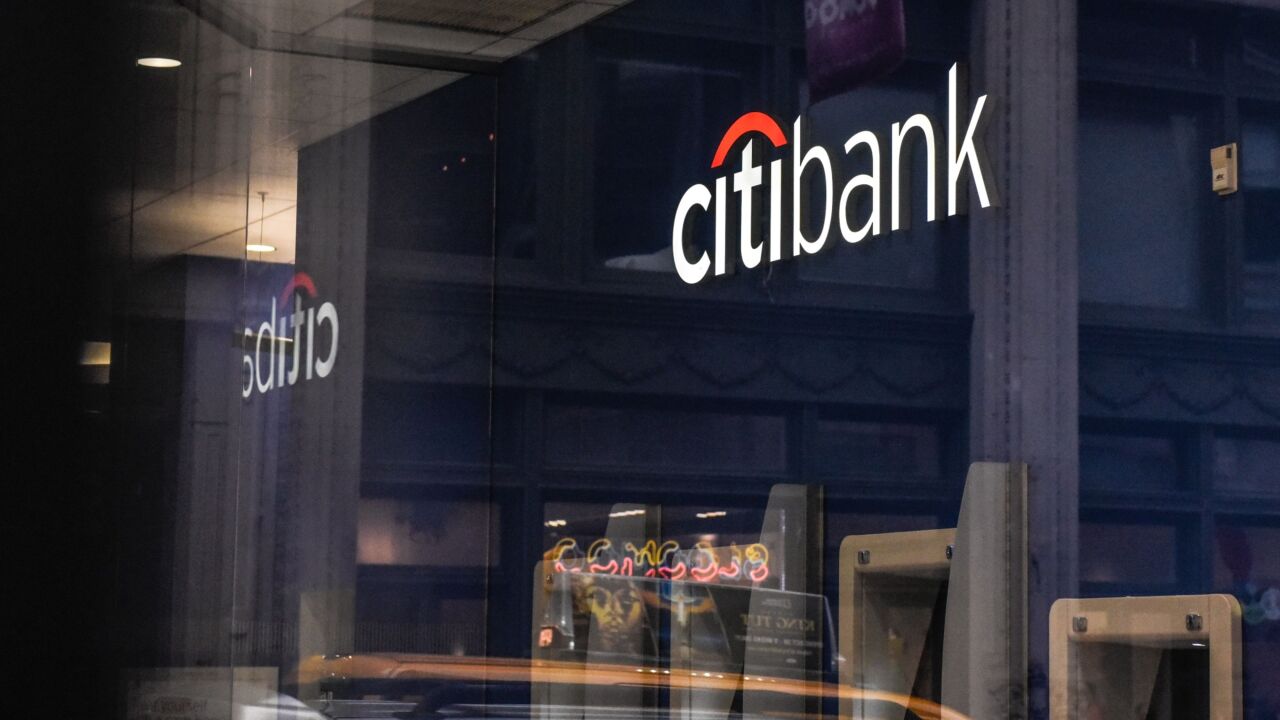
PayPal's PYUSD stablecoin has so far had
Cryptocurrency payment company BitPay contends that PayPal's massive scale and user base will make PYUSD a good fit for payments in the long term. BitPay has rolled out PYUSD payments for merchants and consumers, with gaming firm Xsolla and travel site Xeni.com among the first adopters.
How BitPay, Xsolla and Xeni fare in getting consumers to use PYUSD for payments will provide a look into the future demand for stablecoins from non-crypto companies, which have
"We're not surprised by PayPal's slow start with PYUSD. It takes some time for a new coin to get traction," said Bill Zielke, chief marketing officer at BitPay in an interview following
BitPay + PayPal
The update to BitPay enables merchants and BitPay app holders to automatically add PYUSD to their mix of supported cryptocurrencies. Merchants do not need to make any changes or adjustments to accept PYUSD payments. Customers have the option to make payments from their BitPay wallet, their PayPal wallet, the DeFi and Web3 digital wallet Metamask or any compatible Ethereum wallet.
BitPay expects that PayPal's size will help it build volume for PYUSD payments, and potentially add more merchants to BitPay's overall network. PayPal has more than 400 million consumer accounts and 33 million merchant accounts. PayPal's stablecoin launched in August, and added Venmo support in September. BitPay has more than 250 merchants on its network.
"PayPal's partnership with [crypto infrastructure provider] Paxos will ensure that PYUSD will get into the hands of users," Zielke said. "Not every merchant will use it. But there will be users that will get on board."
BitPay, Xeni and Xsolla match the profile of early crypto adopters well, serving digital-focused audiences that are typically more amenable to new payment options earlier than mainstream merchants.
Founded in 2011, BitPay is one of the oldest cryptocurrency companies. It supports blockchain payment processing, fraud mitigation for digital currency payments and processing for cross-border crypto payments. Its products include a digital wallet and a payment card, which converts digital assets into dollars for use at the point of sale.
Xsolla, which was founded in 2005 and is one of BitPay's clients, is a global video game company that helps developers launch, market, monetize and process payments. Xsolla's users include Epic games, Nexters, Roblox and Twitch (a unit of Amazon), among others.
Xeni was founded in 2021 to sell technology to the travel industry, covering booking, lodging, payments and other tasks. Xeni attempts to remove overhead for third parties that want to launch booking sites.
The range of counterparties involved in travel, including hotels, airlines and other forms of transportation make the category a good fit for cryptocurrency payments, said Rachel Obenshain, president and co-founder of Xeni.
Other factors that Xeni addresses include currency exchange and the need to avoid fees that can come from using different payment methods for different parts of a travelers' journey.
"It's hard to use crypto to buy groceries or shoes with cryptocurrency because those transactions are simple," said Obenshain of payments that are normally made locally at a single location with both parties using the same currency. As such, there's less incentive to use digital currencies since traditional methods work well.
"But using cards for airlines, hotels, cabs and other purposes, you can get hit with interchange a number of times," Obenshain said, adding that Xeni.com uses all of the digital currencies that BitPay supports.
A slow start for PYUSD, but a big potential threat to banks
At launch in August, PYUSD had a market capitalization of about $44 million, which had increased to more than $94 million by early October, according to
That's more than 100% growth in two months, but still well behind stablecoin market leader Tether at $83 billion and Coinbase's USDC at $25 billion. Tether and USDC are stablecoins from crypto-native companies, in contrast to PayPal, which is more well-known as a payment company. Both Tether and Coinbase's USDC did not have a lot of usage for payments initially, Zielke said, providing hope for PYUSD.
"USDC started slow and it's now 15% of our payment volume," Zielke said.
The use of stablecoins for payments still faces an uphill battle, according to Aaron Press, a research director at IDC Insights. "While I can see some reasons why someone might want to hold PYUSD, especially if they are not in the U.S., I continue to struggle with the use case for stablecoins for payments," Press said.
The BitPay integration makes it possible to store PYUSD in a non-PayPal wallet, and for merchants to accept PYUSD directly, outside of PayPal, as part of their acquiring process. That has some potential, as the existing PayPal process is to convert crypto to traditional currency before settlement, Press said.
"But it appears that most of those merchants already accept PayPal, and thus should have the ability to accept PYUSD to that account if they wanted," Press said.
PYUSD's rapid development — from its announcement to integration into Venmo and listing on reputable exchanges like Crypto.com, Bitstamp, Coinbase and Kraken — showcases PayPal's commitment to making this stablecoin a recognized player in the market, according to Konstantin Shulga, CEO and co-founder of Finery Markets, an electronic marketplace for cryptocurrencies.
"It's clear that there are challenges to overcome in the future, but it's overall premature to write off PYUSD's potential based on early adoption metrics," Shulga said. "PayPal has proven its ability to revolutionize financial services in the past, and its commitment to transparency and integration with platforms like Venmo bodes well for PYUSD's future."






